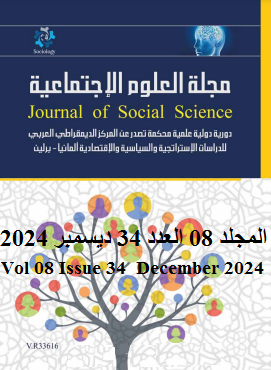Language, belonging, and citizenship
Keywords:
language, citizenship, nation, nation-state, bottom-up approach, top-down approachAbstract
This contribution examines the role of language in the nation-state model in shaping citizenship and belonging. It addresses the political and cultural interrelations between language and citizenship in connection to nation-building and state formation. The analysis explores two processes: a top-down approach, where state-building precedes nation-building, and the state imposes cultural standards—most prominently language—from the center, as historically exemplified in the construction of nation-states in Western Europe. Alternatively, a bottom-up process is considered, where language serves as a primary tool for social and political mobilization, challenging state-imposed cultural standards and replacing them with a new state framed by a reimagined vision of the nation, where vernacular languages replace imperial languages. Additionally, the article examines the interaction between these top-down and bottom-up dynamics in various regions worldwide. It provides a framework for critiquing language policies biased toward monolingualism, advocating for policies that accommodate the complexities of linguistic diversity. It argues for transcending simplistic views of multilingualism in favor of fostering citizenship rooted in linguistic pluralism rather than monolingualism
Downloads
Published
Issue
Section
License
Copyright (c) 2025 Journal of Social Sciences

This work is licensed under a Creative Commons Attribution-NonCommercial 4.0 International License.
This work is licensed under CC BY-NC 4.0






